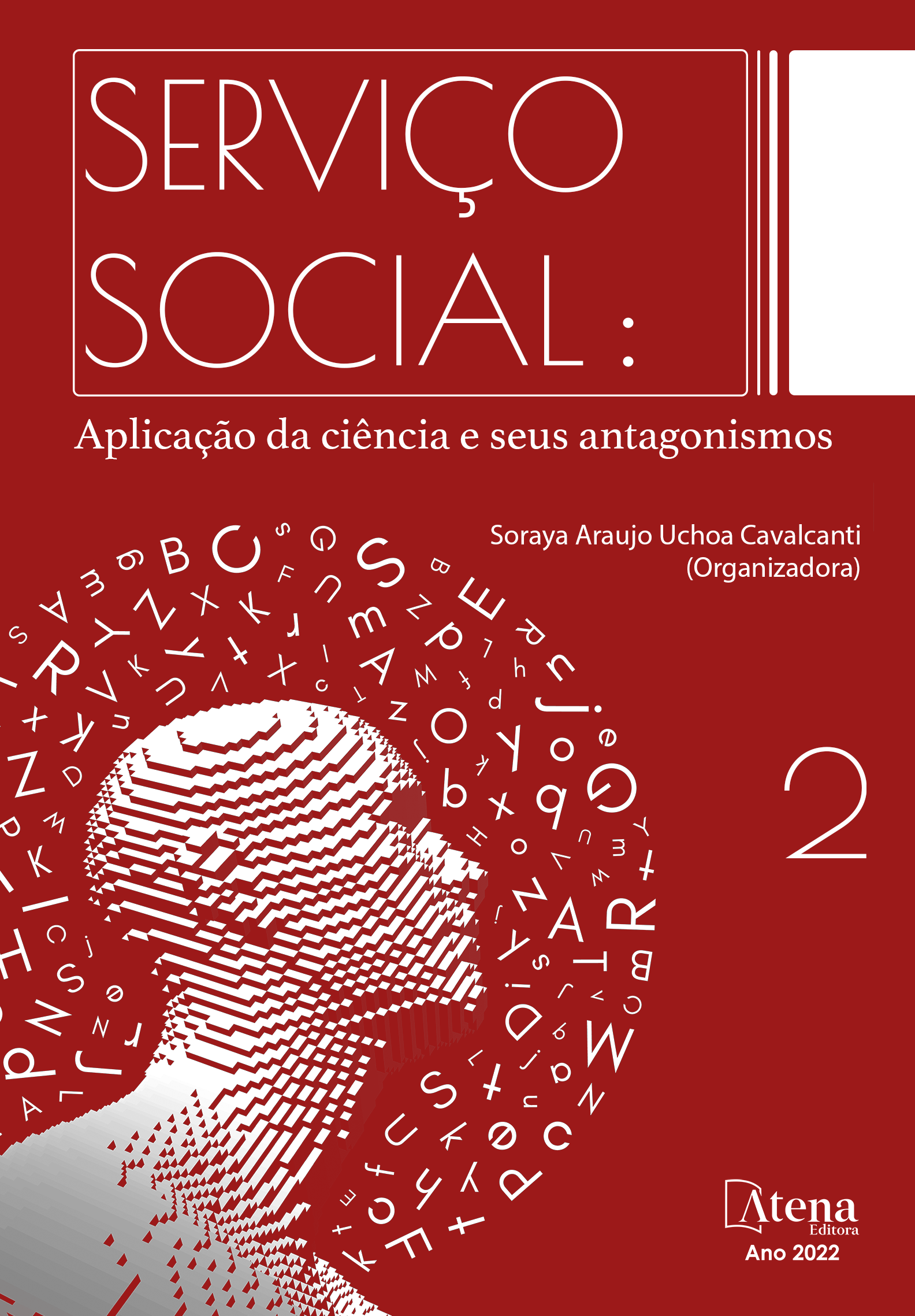
A ATUAÇÃO DO SERVIÇO SOCIAL NA UNIDADE BÁSICA DISTRITAL DE SAÚDE COM PACIENTES DEPENDENTES QUÍMICOS: UMA EXPERIÊNCIA PRÁTICA NO MUNICÍPIO DE RIBEIRÃO PRETO – SÃO PAULO
O objeto dessa pesquisa, nomeia-se Unidade Básica Distrital de Saúde de Ribeirão Preto, que entre os anos de 2018 e 2019, atendeu uma população expressiva de pacientes com dependência química, somando-se seiscentos e quarenta e cinco (645) pessoas em situação de risco e vulnerabilidade social. A observação voltou-se a atuação de uma equipe técnica, multidisciplinar e transdisciplinar, composta por assistentes sociais, psicólogos, equipe médica, enfermeiros, técnicos de enfermagem, fisioterapeutas, dentistas, recepcionistas, seguranças, porteiros, auxiliares de limpeza, manutenção e conservação, que atende essa população em sua diversa complexidade. Apurou-se a pertinência do serviço social frente ao processo de desenvolvimento social, econômico e histórico à medida que trabalha na prevenção e tratamento da dependência química dos pacientes, com vistas na reconstrução das relações sociais, no fortalecimento dos vínculos familiares e na reinserção da pessoa a sociedade. Observamos ainda, o desempenho do serviço social, frente a acolhida psicossocial; a escuta ativa, construção de triagens e relatórios escritos, bem como os encaminhamentos a rede de serviços, tanto públicos quanto privados. É o serviço social que estabelece comunicação entre as instituições de apoio, como: comunidades terapêuticas, CRAS, CREAS, Poupatempo, Previdência Social, Defensoria Pública, Ministério Público, Serviço de Abordagem Social, CETREM, Centro POP, CAPS, casas de apoio, repúblicas e casas de triagem. Outra importante constatação que aqui fazemos é a questão da falta de liberação trabalhista para que a equipe de assistentes sociais possa participar do processo de educação permanente, cujos cursos de capacitação técnica, conferências, fóruns, simpósios, reuniões e demais eventos de formação continuada, são realizados por instituições ligadas ao setor.
A ATUAÇÃO DO SERVIÇO SOCIAL NA UNIDADE BÁSICA DISTRITAL DE SAÚDE COM PACIENTES DEPENDENTES QUÍMICOS: UMA EXPERIÊNCIA PRÁTICA NO MUNICÍPIO DE RIBEIRÃO PRETO – SÃO PAULO
-
DOI: 10.22533/at.ed.3912218027
-
Palavras-chave: Serviço Social; Saúde Pública; Dependência Química.
-
Keywords: Social Work; Public Health; Chemical Dependence.
-
Abstract:
The object of this research is named Basic District Health Unit of Ribeirão Preto, which between the years 2018 and 2019, attended to a significant population of patients with chemical dependency, adding up to six hundred and forty-five (645) people in risk situation and social vulnerability. The observation turned to the performance of a technical, multidisciplinary and transdisciplinary team, consisting of social workers, psychologists, medical staff, nurses, nursing technicians, physiotherapists, dentists, receptionists, security guards, porters, cleaning, maintenance and conservation assistants, whose team serves this population in its diverse complexity. The relevance of the social service was found in the process of social, economic and historical development as it works on the prevention and treatment of drug addiction in patients, with a view to rebuilding social relationships, strengthening family ties and reinserting the person in the society. We also observed the performance of the social service, facing the psychosocial reception, active listening, construction of screenings and written reports, as well as referrals to the network of services, both public and private. It is the social service that establishes communication between support institutions, such as: therapeutic communities: ‘CRAS’, ‘CREAS’, ‘Poupatempo’, ‘Social Security’, ‘Public Defender's Office’, ‘Public Ministry’, ‘Social Approach Service’, ‘CETREM’, ‘POP Center’, ‘CAPS’, support houses, hostels and rest-homes. Another important observation that we make here is the issue of the lack of labor release so that the team of social workers can participate in the permanent education process, whose technical training courses, conferences, forums, symposiums, meetings and other continuing education events are carried out by institutions linked to the sector.
-
Número de páginas: 14
- Karen Michelle Sgobbi
- Marcia Maria Soares Batista


